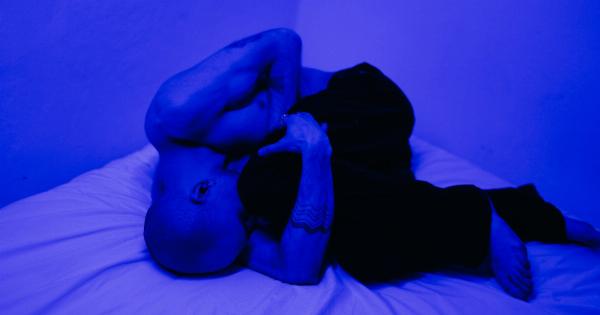Lewy Body Dementia (LBD) is a progressive brain disorder that affects thinking, behavior, and movement. It is the third most common cause of dementia, following Alzheimer’s disease and vascular dementia.
LBD is characterized by the presence of abnormal protein aggregates called Lewy bodies in the brain, which disrupt the normal functioning of brain cells.
Signs and Symptoms
The symptoms of LBD can vary from person to person, but they generally include:.
- Fluctuating cognition: Individuals with LBD may experience changes in thinking abilities, such as memory loss, confusion, and trouble concentrating. These symptoms often fluctuate throughout the day.
- Visual hallucinations: Many individuals with LBD experience vivid and detailed hallucinations, often of people or animals that are not actually present.
- Parkinsonism: LBD can cause movement problems similar to those seen in Parkinson’s disease, including tremors, stiffness, slow movement, and difficulties with balance.
- REM sleep behavior disorder: People with LBD may act out their dreams while they are asleep, sometimes violently.
- Autonomic dysfunction: LBD can affect autonomic functions, leading to problems with blood pressure regulation, digestion, urinary control, and body temperature regulation.
Diagnosis
Diagnosing LBD can be challenging because its symptoms overlap with other neurodegenerative disorders.
A thorough medical evaluation, including a detailed history, physical examination, and neurological and neuropsychological tests, is necessary to reach a diagnosis. Brain imaging, such as magnetic resonance imaging (MRI), can also be helpful in ruling out other conditions.
Treatment
There is currently no cure for LBD, but various treatment strategies can help manage its symptoms and improve the individual’s quality of life.
Medications may be prescribed to alleviate cognitive symptoms, hallucinations, depression, and movement problems. Occupational and physical therapy can assist with mobility issues and maintaining independence. Speech therapy may be beneficial for individuals experiencing speech and swallowing difficulties.
Support for Individuals and Caregivers
Living with LBD can be challenging for both the affected individual and their caregivers. Support groups and educational resources can provide valuable information, emotional support, and a sense of community to those affected by LBD.
It is important for caregivers to seek respite care and take care of their own well-being while attending to the needs of their loved ones.
Research and Outlook
Research on LBD is ongoing. Scientists are working to better understand the underlying causes of the disease, improve diagnostic techniques, and develop more effective treatments.
By raising awareness and supporting research efforts, progress can be made in early detection, disease management, and ultimately finding a cure for LBD.
Conclusion
Lewy Body Dementia (LBD) is a complex and challenging disorder that affects individuals both cognitively and physically.
With accurate diagnosis, appropriate treatment, and a strong support system, individuals and their caregivers can navigate the challenges associated with LBD and strive for a better quality of life.































